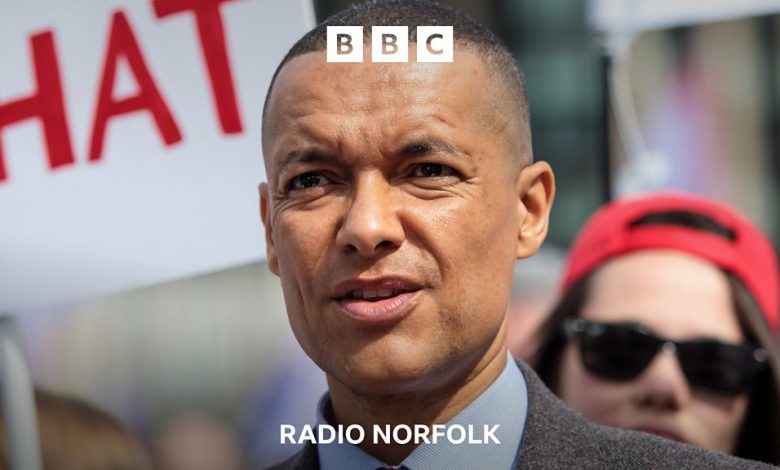Will Clive Lewis give up his Norwich South seat?

Lewis Would Offer Seat to Burnham in Potential Leadership Challenge
Norwich South MP Clive Lewis made a striking statement recently, offering to step aside from his parliamentary seat to allow Greater Manchester Mayor Andy Burnham to challenge Keir Starmer for the Labour Party leadership. This unprecedented gesture reflects growing tensions within the Labour Party about its direction under Starmer’s leadership. While Burnham currently holds no parliamentary seat, a requirement for challenging the party leadership, Lewis’s offer would potentially clear this hurdle, creating a pathway for the popular northern mayor to enter the national political arena.
The context of this offer appears to stem from ideological differences within the Labour Party. Lewis, who has long been associated with the party’s left wing, may see Burnham as a figure who could reorient Labour toward more progressive policies. Burnham has built his reputation as the “King of the North,” advocating strongly for regional investment and standing up to the Conservative government during COVID-19 restrictions. His popularity extends beyond traditional Labour supporters, with many seeing him as a more authentic voice for working people compared to the more metropolitan image projected by the current leadership.
Political reporter Paul Moseley’s analysis suggests this move highlights fault lines that have persisted since Labour’s dramatic electoral defeat in 2019 and the subsequent transition from Jeremy Corbyn to Keir Starmer. While Starmer has successfully moved the party toward electoral viability by emphasizing competence and moderation, critics like Lewis argue this has come at the cost of bold policy vision and grassroots enthusiasm. The timing of Lewis’s statement, coming after Labour has established a commanding lead in the polls, indicates continuing discomfort among some MPs with what they perceive as policy triangulation and compromise on key progressive values.
Burnham himself has maintained a careful position, neither openly challenging Starmer nor ruling out a return to Westminster politics. Having previously run for Labour leadership twice, his experience as mayor has seemingly strengthened his political brand. The offer from Lewis puts Burnham in a delicate position – acknowledging it might appear disloyal to Starmer, yet the gesture validates his standing as a potential future leader. The situation illustrates the complicated relationship between local and national politics within Labour, with influential regional mayors like Burnham developing power bases somewhat independent of the Westminster leadership.
For Starmer, this development represents a reminder that his leadership consolidation remains incomplete despite electoral progress. Having focused on projecting unity and discipline after years of factional fighting, open discussion of potential challengers complicates his narrative of a party ready for government. However, the practical barriers to any immediate challenge remain significant – Labour’s polling strength, the complexity of a sitting MP voluntarily vacating their seat, and the need for a by-election that could potentially be lost. Additionally, Burnham has given no indication he would actually accept such an offer at present.
This episode reflects broader questions about Labour’s identity as it prepares for a potential return to government. The tension between pragmatic centrism and progressive values continues to shape internal party dynamics, with figures like Lewis concerned that electoral success might come at the cost of transformative policy ambitions. Burnham, with his blend of governmental experience and regional authenticity, represents for some a potential bridge between different Labour traditions. As the party approaches a general election with strong prospects of victory, the conversation initiated by Lewis’s offer may influence debates about what Labour should prioritize if it returns to power, and who best represents its future beyond the immediate electoral horizon.








